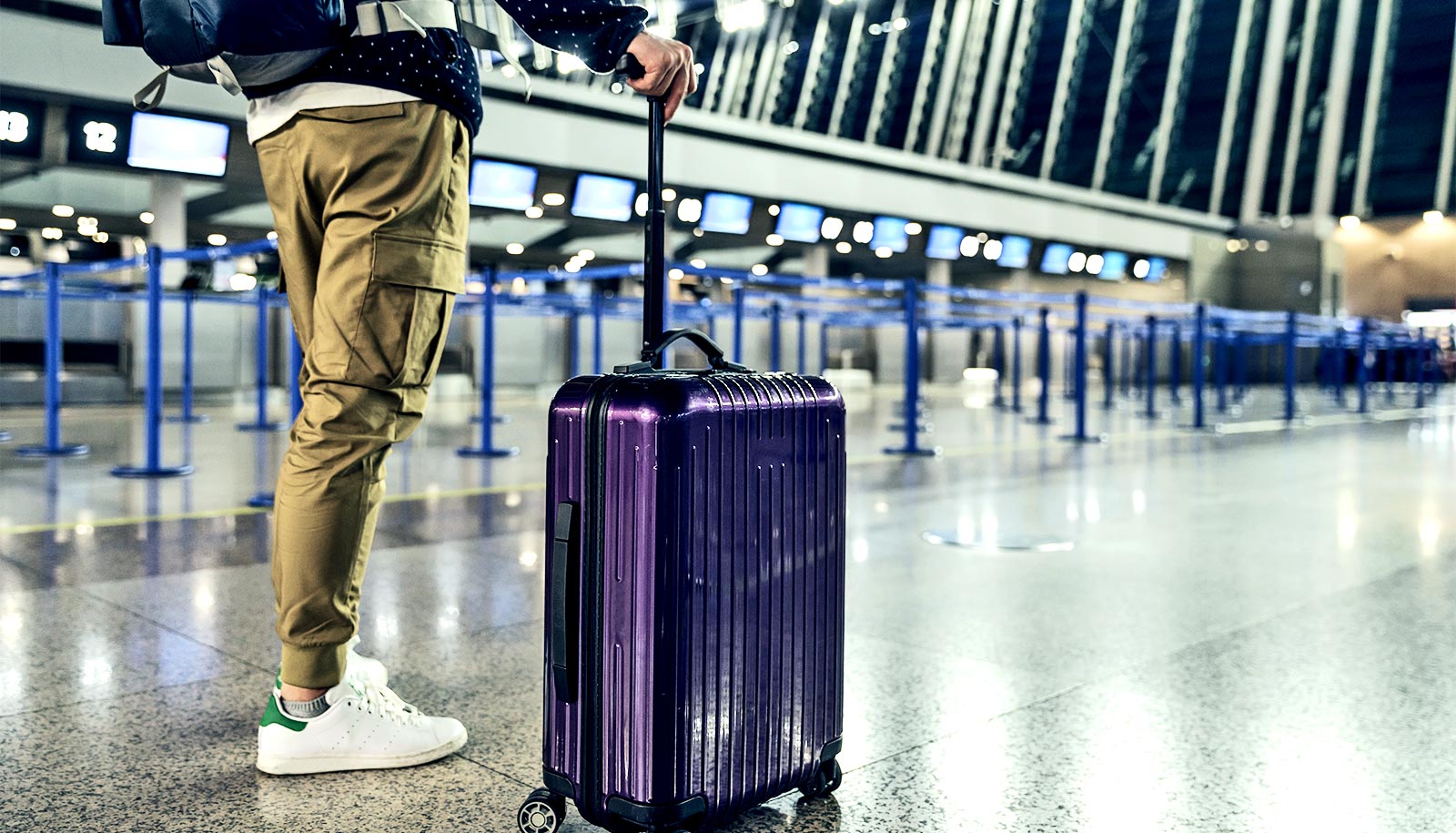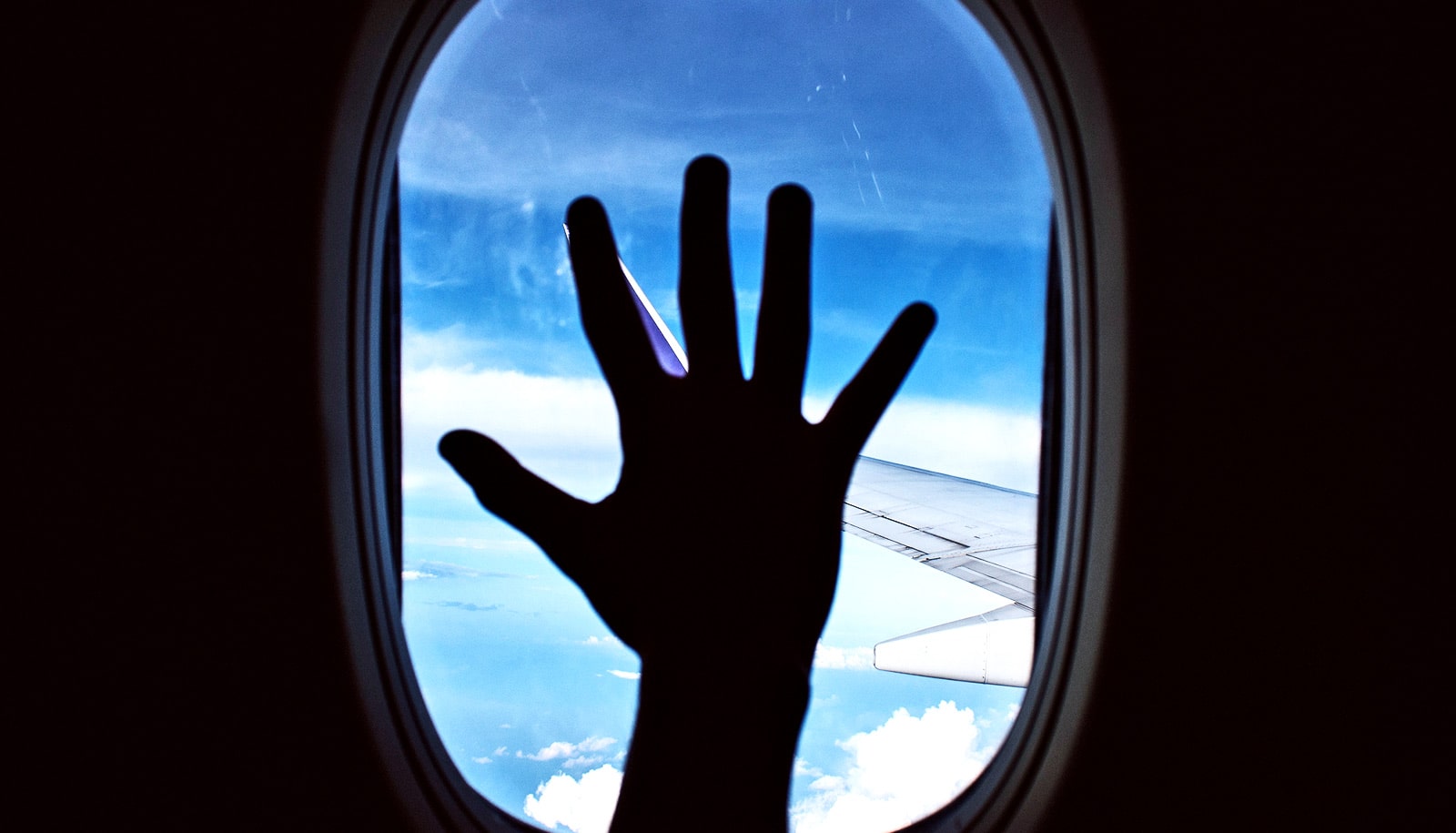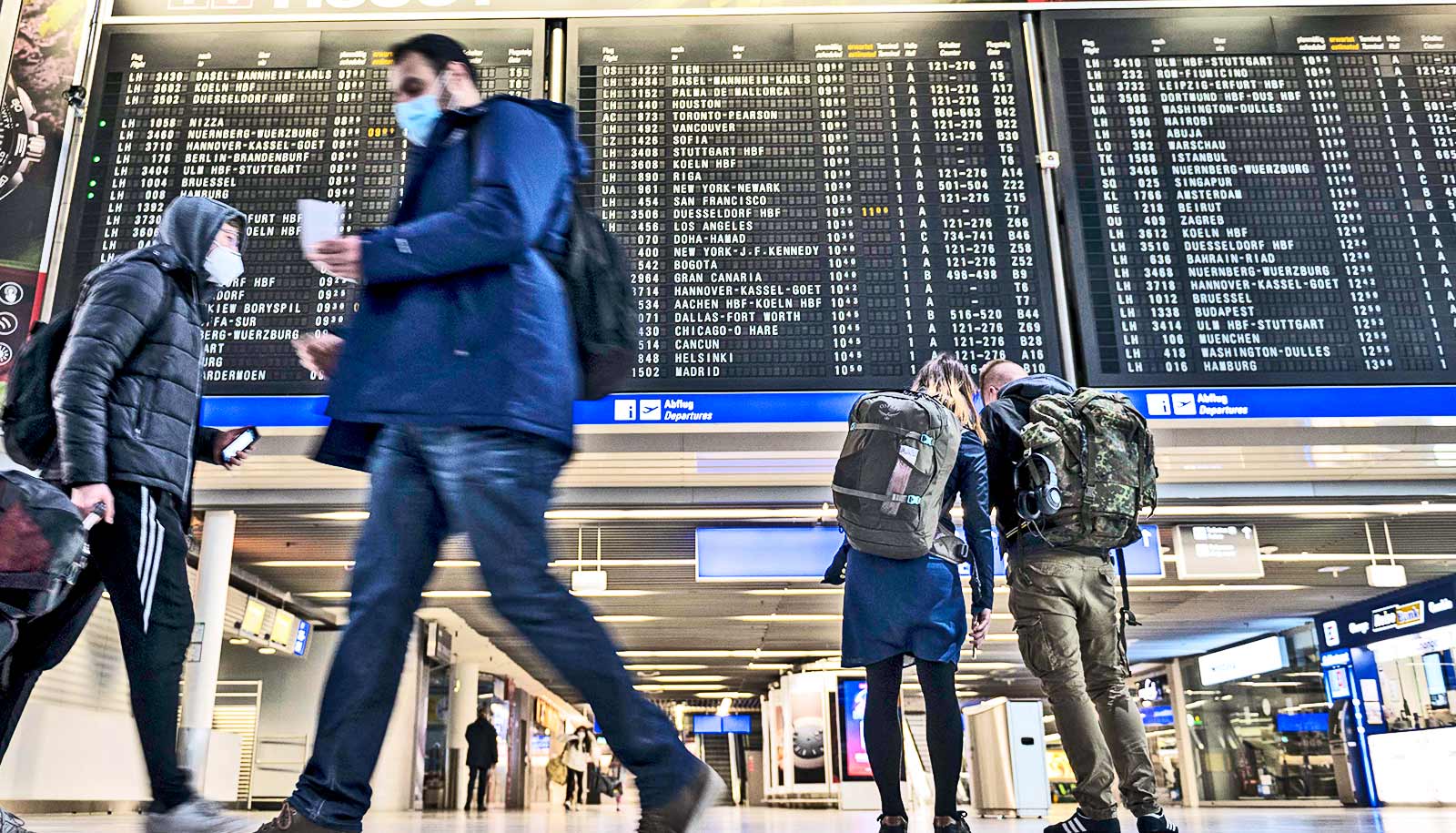Busy and stressful travel schedules may increase the risks of obesity, body fat percentage, and belly fat in business travelers, researchers report.
These risks can can lead to other conditions such as heart disease and diabetes.
The study in the Journal of Occupational and Environmental Medicine is the first evaluating the association of business travel with all three body composition measures of body mass index (BMI), body fat percentage, and belly fat, and differentiating the effects of work-related travel on body composition by the type of travel (domestic and international) and gender.
The publication notes that most research on health risks associated with travel has exclusively focused on international travel-related risks of infectious diseases.
Researchers retrospectively reviewed de-identified health information from 795 individuals who had physicals performed at Emory University Executive Health Center from January 2017 to June 2018. Participants also filled out a health history questionnaire that asked about frequency for both domestic and international business travel, and shared additional information about work hours, exercise habits, amount of sleep, and more. The researchers did not ask about mode of travel.
“From this research, we found that business travel has a connection with body composition metrics; those traveling most frequently had a higher body mass index, body fat percentage, and belly fat, and therefore were at the highest risk of developing chronic disease,” says lead author Sharon Horesh Bergquist, associate professor of medicine at Emory University School of Medicine and medical director of Emory Executive Health Center.
“It’s important to note that the health risk increased when the sum of travel was extensive, exceeding 20 days per month.”
In the study, 651 participants were male and 144 were female, with a mean age of 52 years. Most of the participants were Caucasian followed by African American. Both men and women worked an average of 53 hours a week. Median summed travel frequency (the sum of both domestic and international travel) was six days per month, with 83% of travel being domestic travel. Males traveled more frequently than females, and over half of the sample population did not travel internationally.
Since travel can disrupt health behaviors, the authors also took certain lifestyle factors into account. When they did, they found that the impact of business travel on body composition differed by gender. Inadequate sleep and exercise had a more pronounced effect on body composition measures in female travelers. After taking into account age, exercise, and sleep patterns, travel frequency was more strongly associated with BMI, body fat percentage, and belly fat in women than men.
“Our results suggest that attention to lifestyle factors that ameliorate risk for obesity and obesity-related problems, specifically exercise and adequate sleep, is important for all business travelers/participants, and of particular importance among women business travelers,” says Bergquist.
The study also looked at international travel separate from the sum of travel, of which 83% was domestic. There were not enough female travelers who traveled frequently internationally in the study group—but among men, international travel frequency was found to affect weight gain more than domestic travel, after taking into account sleep, exercise, and age.
“The stronger association of international travel than summed travel with increase in body composition indices raises the possibility that disruption in our body’s circadian clock from time zone changes may jet lag metabolism and energy balance,” Bergquist says.
She adds that more research is needed to understand the relationship between our internal body clock and body composition with frequent international travel.
Interestingly, the researchers also noticed non-travelers had similar increased body composition metrics as frequent travelers, possibly because of related health conditions that led to taking positions where they were not required to travel.
As business travelers begin to resume pre-pandemic travel routines, the new study highlights the importance of lifestyle factors while traveling for business to help maintain healthy body weight and body composition.
In addition to helping travelers get adequate sleep, exercise, and maintain their sleep-wake cycle as noted in the study, other potential ways of mitigating health risks include providing healthier eating options, ample water for hydration, and scheduled downtime for rest and reflection for stress reduction, Bergquist says.
“We have a tremendous opportunity to challenge old ways and start afresh. These data support balancing the tremendous benefits of business travel with the potential health risks when overly hectic.”
There were several limitations in the study including: predominately male (82%), predominantly Caucasian (90%), the prevalence of obesity (21%t) was lower than the national average and dietary records were not collected. The study also did not have a sufficient number of women who traveled extensively internationally to evaluate the association between all levels of international travel and obesity in women.
The John and Mary Brock Discovery Fund supported the work.
Source: Emory University


